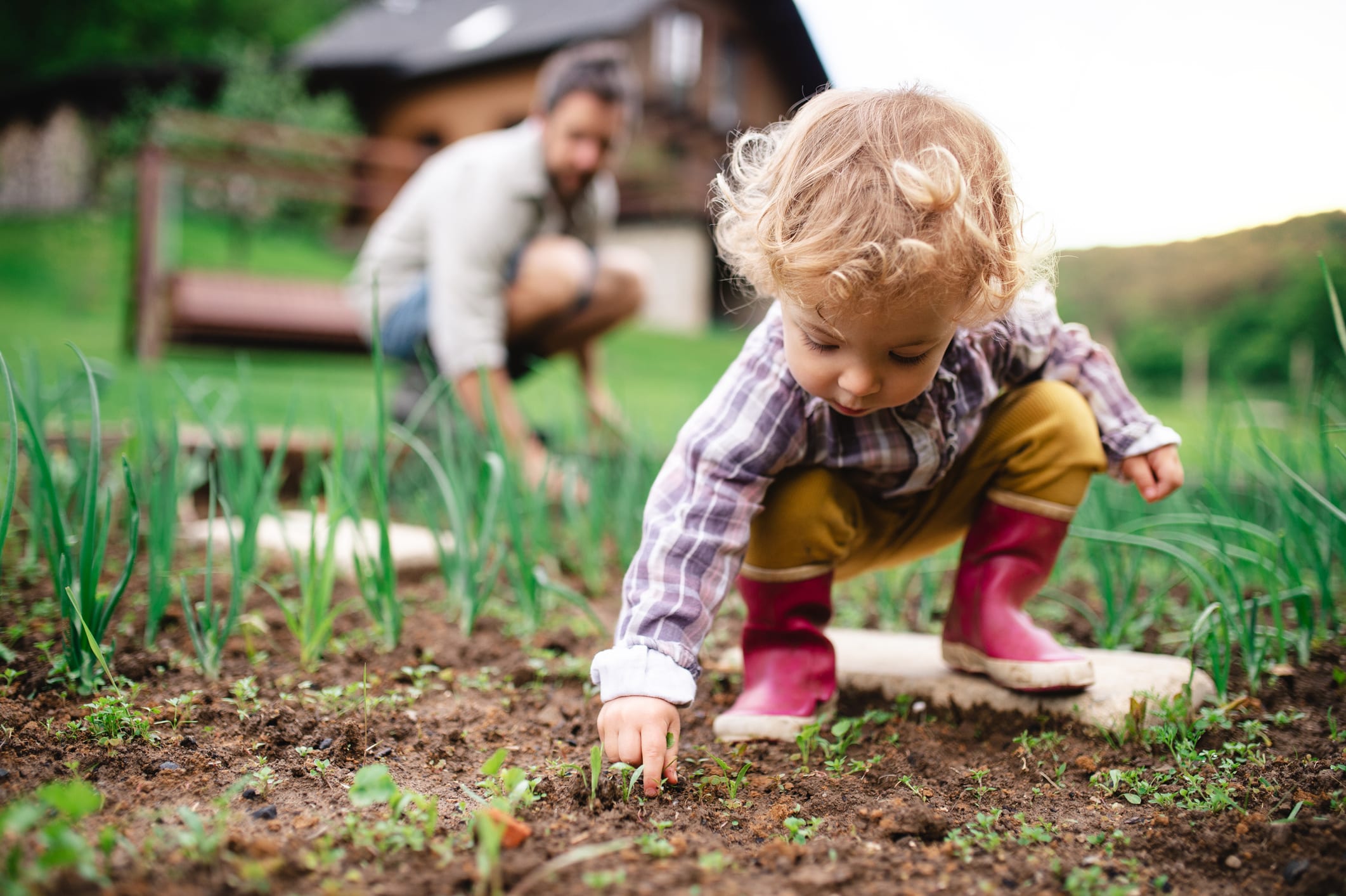As life slows to a halt amid the coronavirus outbreak, New Orleans residents are returning to their gardens — not just for fresh vegetables or eye-catching flowers, but for a sense of normalcy and calm.
Digging in the dirt and nurturing plants into blooms has long been recognized as a great way to find relief from stress, among other benefits.
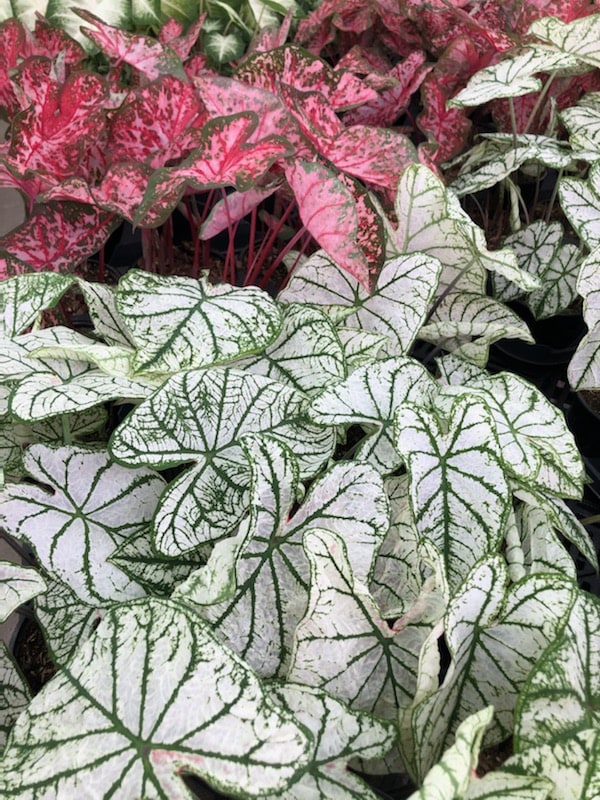
Early March through Mother’s Day is typically the busy season for local nurseries, as many plants become ready for purchase, and gardeners are eager to freshen up their gardens, said Maddy Perino, manager of Perino’s Garden Center in Metairie.
Prior to the statewide stay-at-home order, she said the store had not been as busy as usual, but was still keeping a brisk business.
With a statewide shelter-in-place order in effect, local nursery owners and gardening enthusiasts say now is a great time to get outside and start planting for better physical and mental health — and for some reprieve from anxiety-inducing events.
“Being in nature and gardening improves your well-being and your health, not only because you’re doing physical activity and you have a sense of purpose but also because it’s enjoyable being outside,” said Heather Kirk-Ballard, assistant professor of Consumer Horticulture with the LSU AgCenter and member of the National Initiative for Consumer Horticulture.
Gardening offers a solid way to exercise, which could take on a new importance with 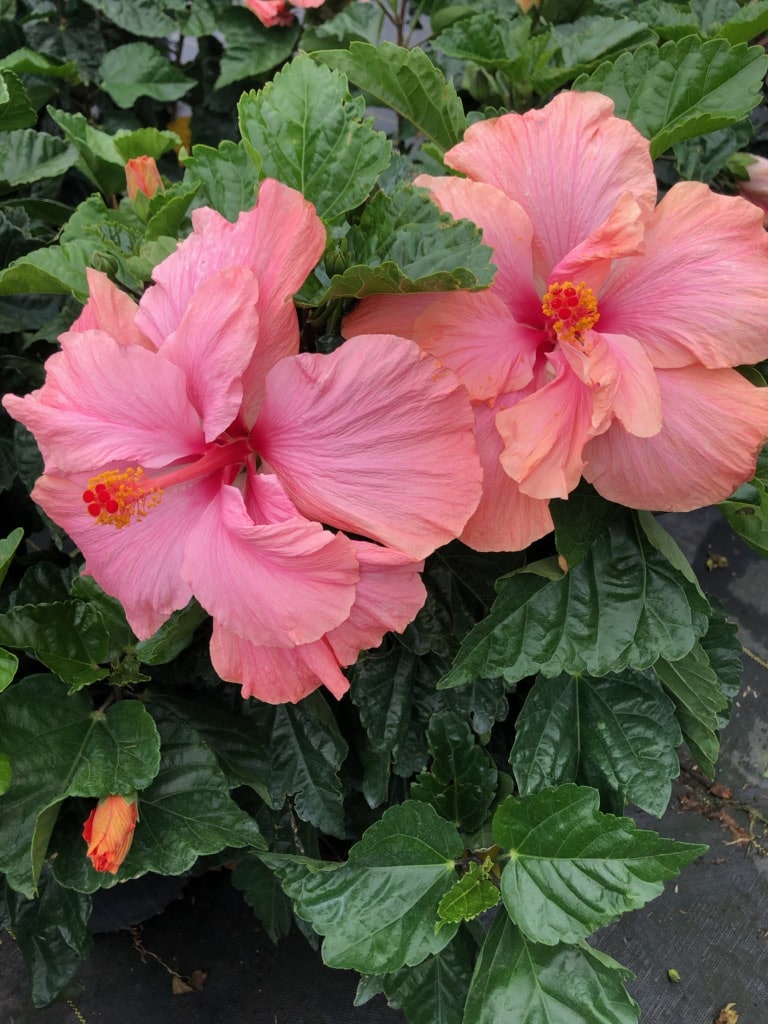
Tasks like digging, weeding and fertilizing, among many others, use upper- and lower body strength and can meet recommendations for daily physical activity for both children and adults, Kirk-Ballard said.
“It’s a form of exercise that creates a sense of well-being, a sense of accomplishing a task, it’s a reward to our brain so it’s mentally stimulating as well as physical,” she said.
Plus, keeping a garden often leads to more fresh nutrients — fruits, vegetables, herbs — incorporated into your meals.
Children who participate in growing vegetables are more likely to eat or at least try a broader selection of vegetables, Kirk-Ballard noted.
Tending the garden also offers valuable family time and creates traditions, she said.
Additionally, the experience is educational, so much so that the LSU AgCenter and other organizations offer free gardening curriculums — which could also take on new importance as parents educate their children at home.
And, of course, there are mental benefits to all of that digging and watering.
The repetitive tasks, the interaction with nature and other elements of gardening can all help relieve stress.
“If you can get outdoors and spend time with your family gardening, there’s so many benefits to it,” Kirk-Ballard said.
Here are some tips and resources for starting a garden:
Call or check garden store websites for hours and payment options
If you’re planning to visit a local nursery, call ahead or check the nursery website or social media accounts for hours and payment options. Calls to several local nurseries reveal that as of March 25, they remained open but some had reduced business hours and/or were no longer accepting cash.
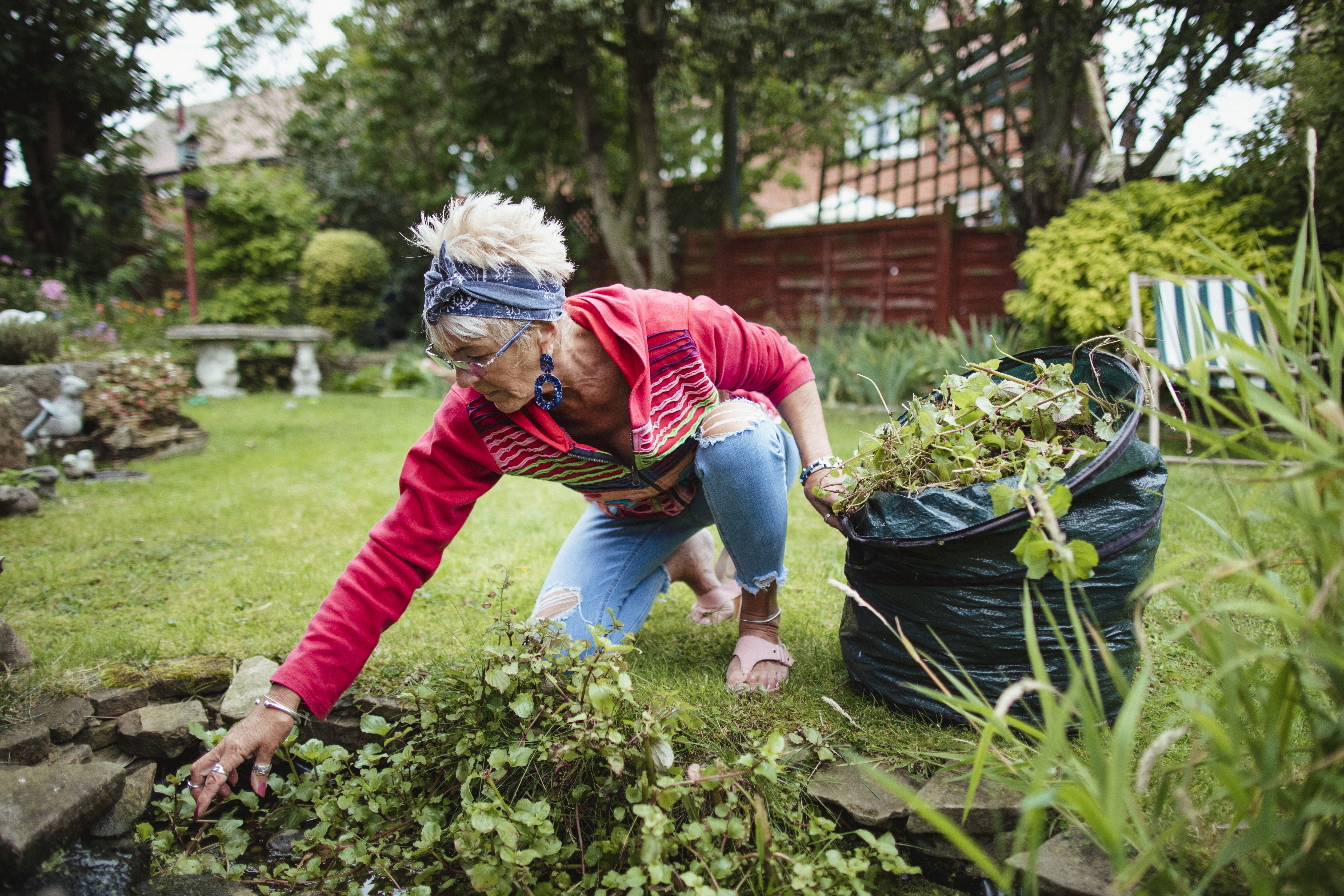
Clear weeds now
Spring weeds are germinating, so now is the time to get them under control before the summer heat truly sets in, according to Perino.
“This is the time to have a clean start, get rid of all your weeds for the summer,” she said. “That way you have your new, clean slate to put your new stuff down.”
Most weed-killing products can’t be used in temperatures over 85 degrees, she added.
Anna Timmerman, an assistant extension agent with the LSU AgCenter’s horticulture department, recommends home gardeners weed by hand and avoid chemicals, if possible.
In fact, if your children are restless, hand-weeding can be a good activity, she said.
“If you have kids at home, I can tell you firsthand that builds character,” Timmerman said.
Weeds and plant bed material left over from winter make great materials for a compost pile, she said.
If you do use chemicals, find products that are labeled for home use.
“Be sure to read the packaging on all of your garden chemicals and fully understand how and where to use them,” Timmerman said.
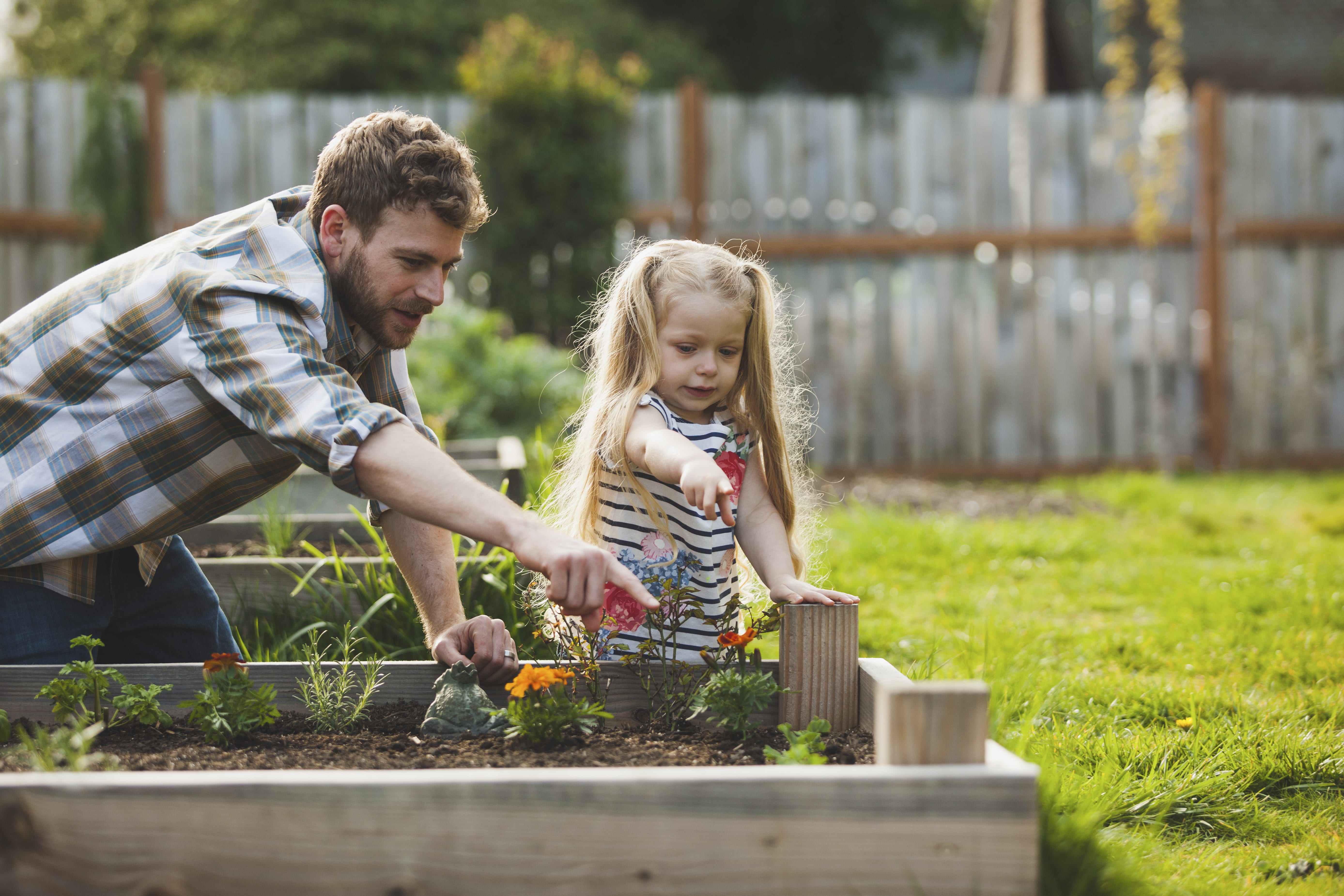
Consider garden size and access to sunlight
Before you start planting, measure your garden and consider the area’s access to sunlight.
The amount of sun that hits your garden throughout the day will determine which plants will thrive there.
You’ll need to know the size of the garden or pot, so you can know how many of each particular plant to grow there.
A common mistake among beginning gardeners is over planting — as in placing too many plants in too small of a space. Follow recommendations for the appropriate number of plants and spacing for the space, Timmerman said.
“Overcrowding is an invitation for plant diseases and insects,” she said.
Try raised beds and container gardens
Raised beds are recommended for the New Orleans area, as the region ranks among the rainiest in the country — and raised beds offer improved drainage.
Good drainage keeps gardening soil in place and helps roots stay healthier, Timmerman said.
Raised beds should be about 12 to 18 inches high — and can now safely use treated wood, due to changes in how companies have changed the way they treat lumber.
Linda Franzo, chair of the Herb Society of America’s New Orleans Unit, recommends a raised bed method of gardening known as lasagna gardening because it’s simple and naturally breaks down weeds.
Another great way to start gardening: a container garden. Pots and other containers give gardeners more control, she said.
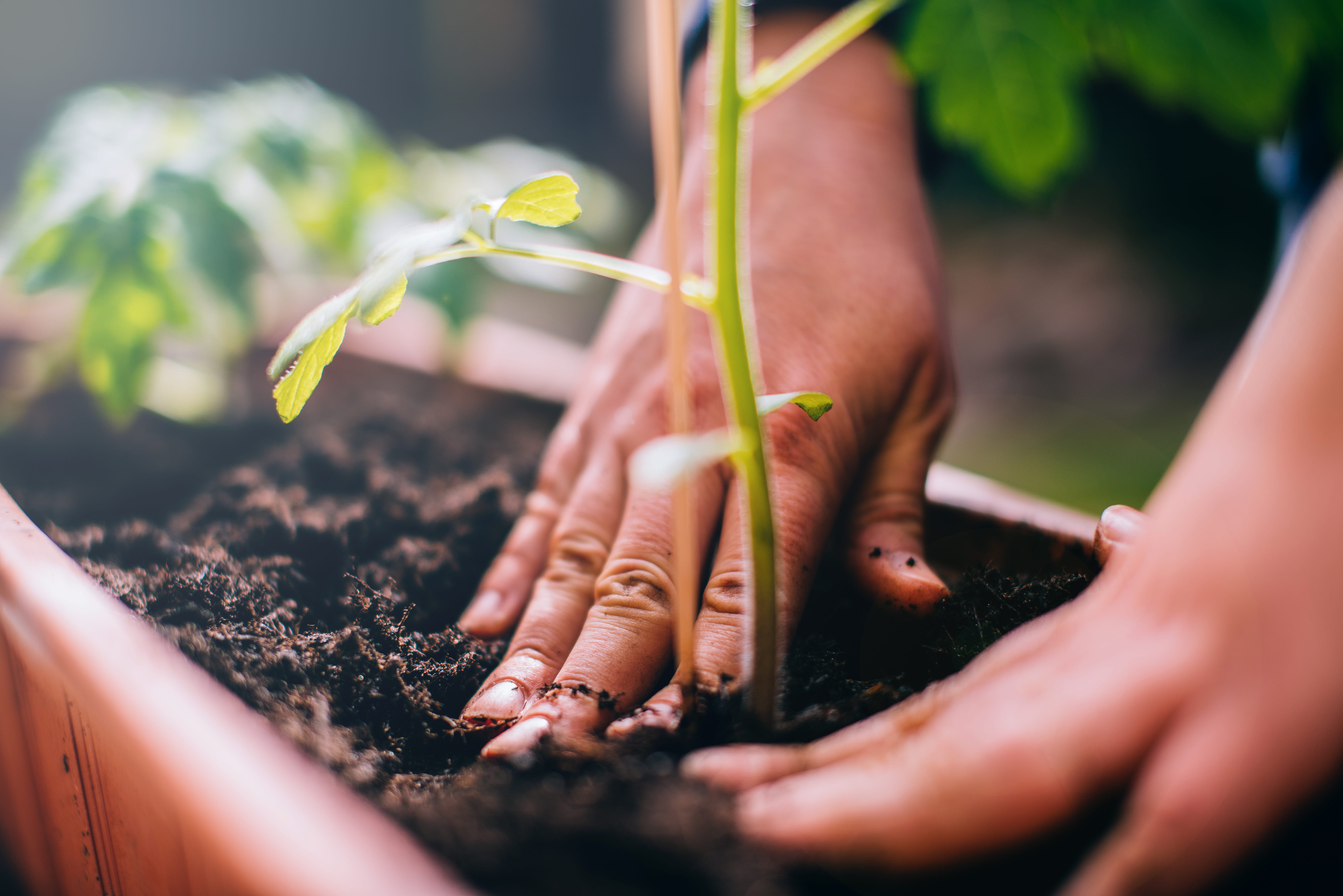
Consider soil quality and make amendments
Check to see if your soil is sandy or heavy with clay, as this will affect how much fresh garden soil, fertilizers and other products you need to add.
Nurseries and the LSU AgCenter can offer guidance on how to determine soil quality and the type and quantity of products to incorporate. Independent garden centers also carry test kits.
Generally speaking, New Orleans soils tend to have heavy amounts of clay and pH levels that are a bit more alkaline than the ideal for some plants, Timmerman said.
To loosen up clay, she suggests adding compost, pine bark or a soil conditioner product.
As for pH levels, adding elemental sulfur can help drop the pH to friendlier levels, especially for vegetables and other plants grown for food.
Adding compost can also help. If you don’t compost, not to worry: bags of compost are available for purchase in most stores catering to lawn and garden.
“We use compost to improve soil and soil conditions, because healthy plants need less chemicals and are more productive,” Timmerman said.
Now is also the time to fertilize both old and new plants, as they need the extra nutrition for spring growth, Perino said.
When considering fertilizers, Timmerman said local soil already contains high amounts of phosphorus, but you’ll need to add nitrogen.
Fertilizers with an N-P-K ratio of 3-1-2 (three parts nitrogen to one part phosphorus to two parts potassium) tend to work best in the New Orelans area, she said.
“Nitrogen is the No. 1 limiting nutrient we see folks struggle with,” Timmerman said. “They need to make a plan to fertilize and add nitrogen. Ammonium sulfate, composted poultry manure, and blood meal are all options available at the local garden center. Regular compost alone will not supply enough nitrogen for most food crops.”
The planting options are many
Now is a great time to plant, as the slightly milder weather gives plants a chance to get rooted before the summer heat takes hold, Perino said.
As for what to plant, the options abound.
Here are some popular local options:
- Vegetables: cabbage, collards, green onions, celery, chard, tomatoes, squash, zucchini, peppers, cucumbers, eggplant.
- Citrus: kumquat, sweet kumquat, Meyer lemons, Kaffir lime.
- Other fruits: mirliton, watermelon, cantaloupe.
- Flowers: petunias, impatiens, begonias, zinca, colladiums, gerbera daisies, tropicals like hibiscus.
- Peppers: jalapenos, Thai chili, cayenne.
- Herbs: all of them!
Be sure to give plants enough water from the start; the roots need water to begin growing, Perino said.
If planting herbs, Franzo with the New Orleans Unit of the Herb Society recommends separating Mediterranean herbs — rosemary, thyme, sage, oregano, among others — from the rest of the herbs, largely because the Mediterranean plants need less watering.
She also suggests planting herbs that you’ll use in cooking — and if you aren’t used to cooking with herbs, start with cilantro, parsley, basil and rosemary. These work well in salsas, pesto and roasting.
Children especially enjoy “pizza gardens,” plant beds filled with basil, oregano and cherry tomatoes, she said.
Incorporating fresh herbs is a game-changer.
“Your food just gets such a power punch,” she said. “Herbs become a part of your lifestyle.”
Check on your plants every day
Look for bug or disease activity — and if you find any, feel free to send photos and questions to the LSU AgCenter. It’s better to nip the issue in the bud early on.
“It doesn’t take long for a small problem to become a big problem,” Timmerman said.
Need more info? Got a question?
- Visit or call a local nursery.
- Check out local gardening groups on Facebook, including the page for the New Orleans Unit of the American Herb Society.
- The LSU AgCenter website offers a wealth of information on just about every aspect of home gardening and agents welcome questions. You can email local LSU AgCenter agents at [email protected].
“All three agents are at home and we love to see people’s gardens,” Timmerman said.
[hearst-video upload=”undefined” thumbnail=”undefined” name=”Default” description=”null” duration=”183″ ]dbdf77fd-d925-43c3-8895-8111dc3a4ee9[/hearst-video]

